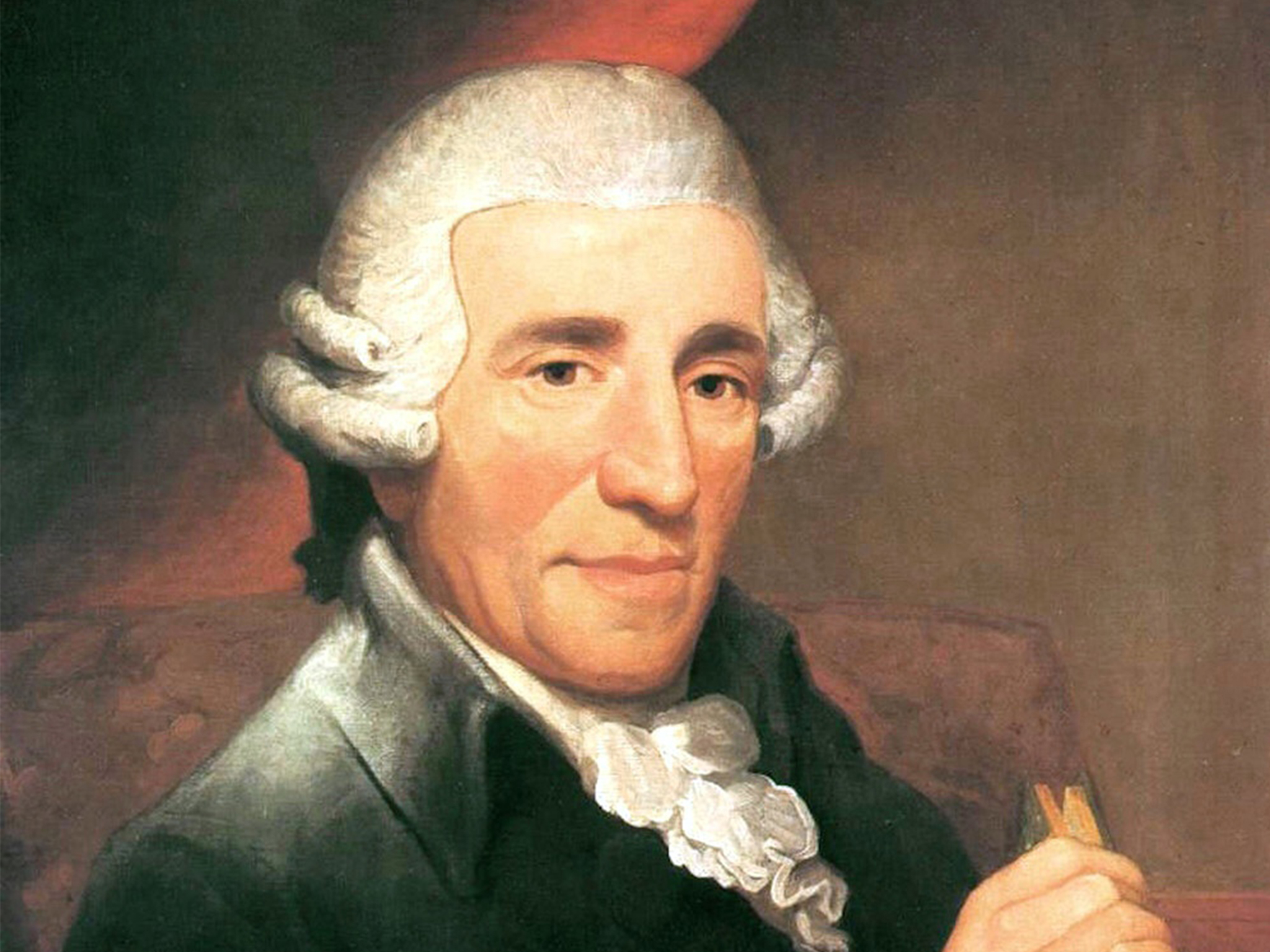
10 Fascinating Facts about Joseph Haydn
Joseph Haydn, often called the “Father of the Symphony” and the “Father of the String Quartet,” was a pivotal figure in the development of classical[…]

Fascinating facts about Haydn
Franz Joseph Haydn, often referred to as the “Father of the Symphony” and the “Father of the String Quartet,” was a prolific and influential Austrian[…]